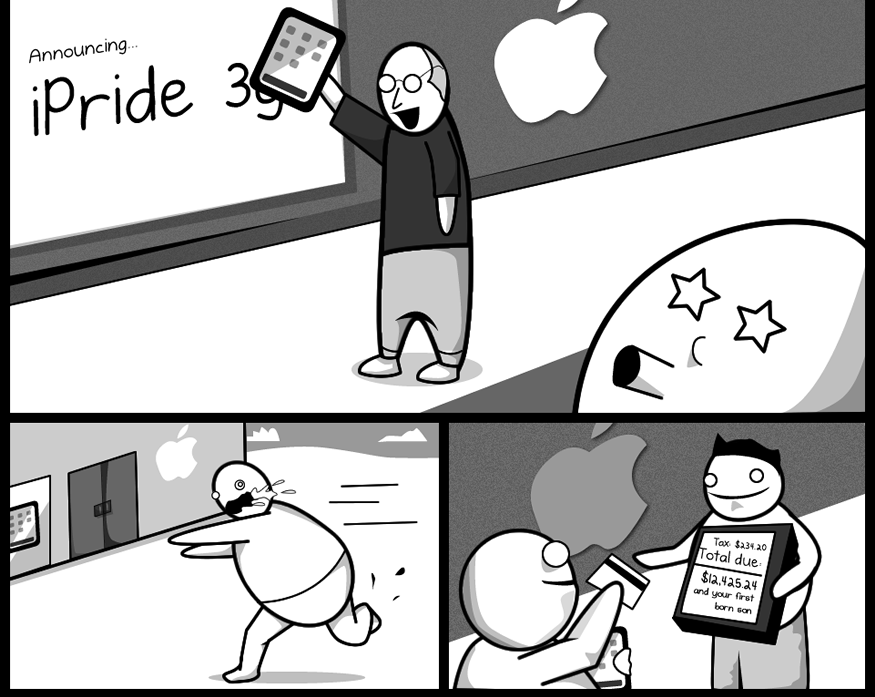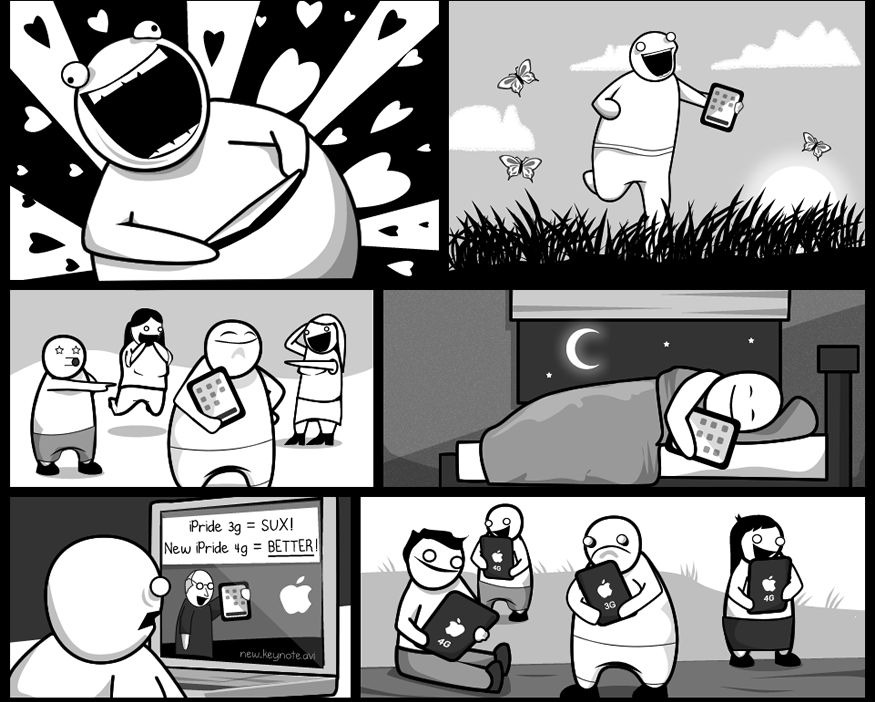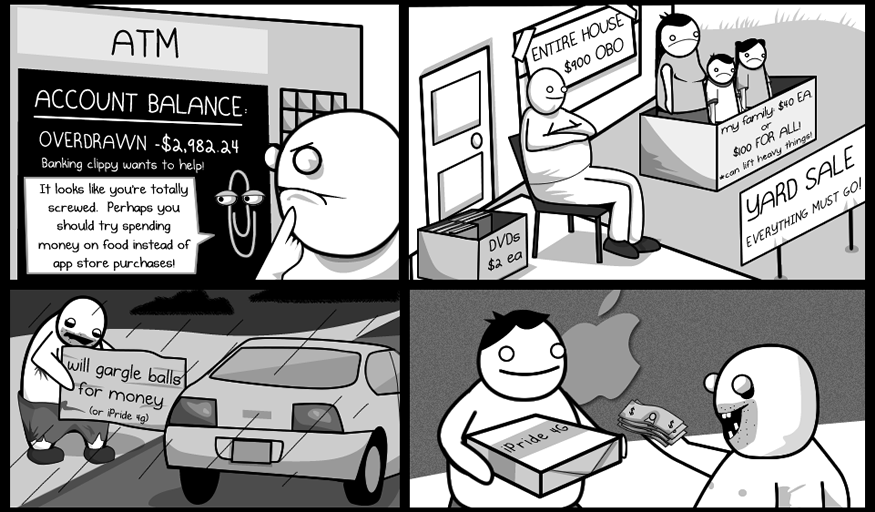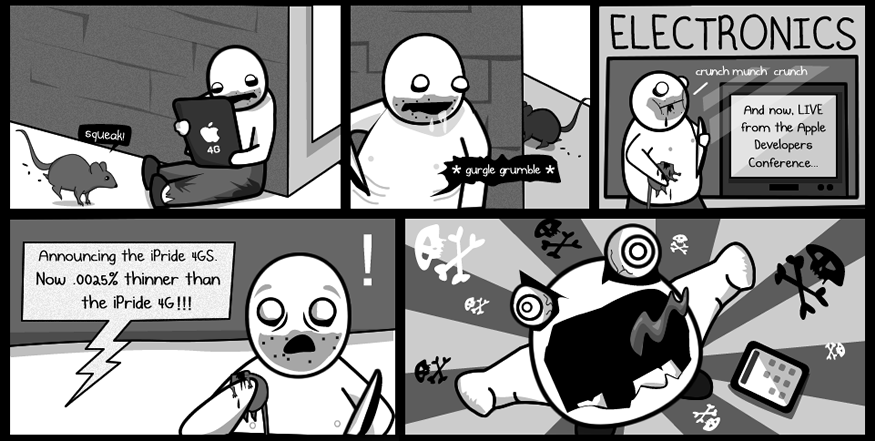- Joined
- Aug 20, 2006
- Messages
- 13,000
Phoronix is reporting that Linux will not boot on any Apple device that utilizes the T2 security chip. Due to the lack of a certificate, only macOS and Windows 10 are supported at this time. Linux will not install even if the Security Boot functionality is disabled.
Apple's T2 security chip being embedded into their newest products provides a secure enclave, APFS storage encryption, UEFI Secure Boot validation, Touch ID handling, a hardware microphone disconnect on lid close, and other security tasks. The T2 restricts the boot process quite a bit and verifies each step of the process using crypto keys signed by Apple.
Apple's T2 security chip being embedded into their newest products provides a secure enclave, APFS storage encryption, UEFI Secure Boot validation, Touch ID handling, a hardware microphone disconnect on lid close, and other security tasks. The T2 restricts the boot process quite a bit and verifies each step of the process using crypto keys signed by Apple.
![[H]ard|Forum](/styles/hardforum/xenforo/logo_dark.png)




